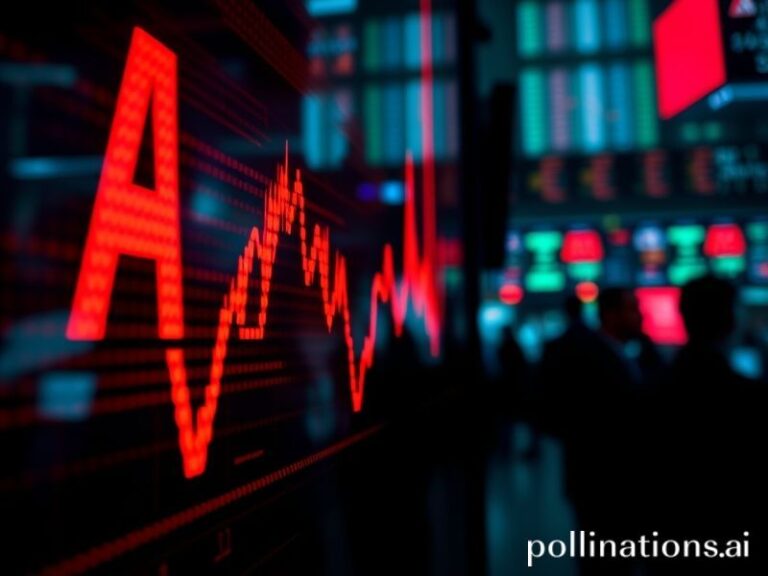stephen colbert
Stephen Colbert Goes Global: How One Satirist Became the World’s Emergency Laugh Track
By the time the laughter dies down in Studio 6A, it’s already echoing off the Kremlin’s red bricks, ricocheting around a Lagos co-working space, and slithering into a Berlin bar where expats pretend they’re still shocked by American politics. Stephen Colbert—once merely America’s smirking court jester—has quietly become the planet’s unofficial coping mechanism, a nightly reminder that the house is on fire but, hey, at least the host brought marshmallows.
From the vantage point of anyone outside the Lower 48, Colbert’s Late Show is less a talk show and more a rolling geopolitical weather report. When he skewers a U.S. president, foreign ministries from Ottawa to Canberra update their risk assessments: will tomorrow’s trade summit be derailed by a tweet that began life as a Colbert punchline? When he lampoons vaccine nationalism, WhatsApp threads in Manila light up with Filipino nurses forwarding the clip alongside eggplant emojis and the single word “same.” The joke travels, the cynicism metastasizes, and suddenly a gag about the Iowa caucuses is being dissected by grad students in Seoul who’ve never seen a cornfield but know performative democracy when they see it.
International audiences adore Colbert for the same reason they slow down at car accidents: the spectacle is American, the whiplash is universal. His studio band may strike up “America the Beautiful,” yet the underlying melody is a funeral march for the post-war order everyone else was forced to hum along to. Europeans, long resigned to being the Beltway’s sidekick, watch him the way Romans once watched gladiators: half-horrified, half-grateful it’s not their turn in the arena. Meanwhile, in countries where mocking the head of state can still earn you a complimentary defenestration, Colbert is a vicarious thrill—proof that somewhere, at least, satire hasn’t been entirely devoured by libel law.
The show’s writers, bless their Adderall-addled hearts, have noticed. Cold opens now come subtitled in seven languages within hours, a digital samizdat that circumvents state broadcasters who’d rather screen cooking shows than admit the emperor is naked and live-tweeting. Last month, when Colbert roasted a certain Supreme Court justice for vacationing with billionaires, the bit was trending in Mumbai before it even aired in Des Moines. Indian pundits repurposed it to pillory their own robe-wearing elites; Brazilian activists spliced in footage of their president’s jet-ski escapades. The result is a strange, borderless feedback loop: American excess refracted through global schadenfreude, then beamed back at U.S. viewers who suddenly realize they’re not the only ones trapped in the reality-show writers’ room.
Of course, not everyone is amused. Beijing’s censors cut the feed whenever Colbert mentions Taiwan, replacing him with a soothing montage of pandas chewing bamboo—an edit so seamless it could be its own punchline. Gulf diplomats, tight-lipped about their own palace intrigues, nevertheless binge Colbert on encrypted streams, comforted by the illusion that Washington’s chaos somehow cancels out theirs. Even the French, who invented disdain, have been spotted chuckling into their Bordeaux, though they insist it’s purely anthropological research.
What makes Colbert globally potent isn’t just the jokes—it’s the unspoken reassurance that if the most powerful nation on Earth can still laugh at itself, perhaps the apocalypse will come with a rim-shot. There’s a certain dark solidarity in watching a superpower self-roast in real time; it’s like seeing the school bully trip over his own shoelaces and land face-first in a puddle of his own hypocrisy. Satisfying, yes, but also unnerving: if the bully’s down, who’s driving the bus?
The numbers bear it out. International clips routinely outstrip domestic ratings on YouTube; VPN sales spike in countries where the show is blocked. Late-night clips have become a de facto currency in the attention economy, traded like cigarettes in the prison yard of modern discourse. Somewhere in a refugee camp outside Aleppo, a teenager is learning English by mimicking Colbert’s raised eyebrow—an eyebrow that has, arguably, more soft power than most U.N. resolutions.
So when the band plays Colbert off and the credits roll over another meticulously crafted takedown, remember: the laugh you just heard isn’t just coming from your living room. It’s bouncing off satellites, slipping under border walls, and arriving in places where laughter is still a subversive act. In an era when global leadership seems permanently stuck on airplane mode, Colbert has become the world’s most reliable carrier pigeon—bearing the news that we’re all doomed, but at least we’re doomed together. And if that’s not worth a chuckle, what is?







